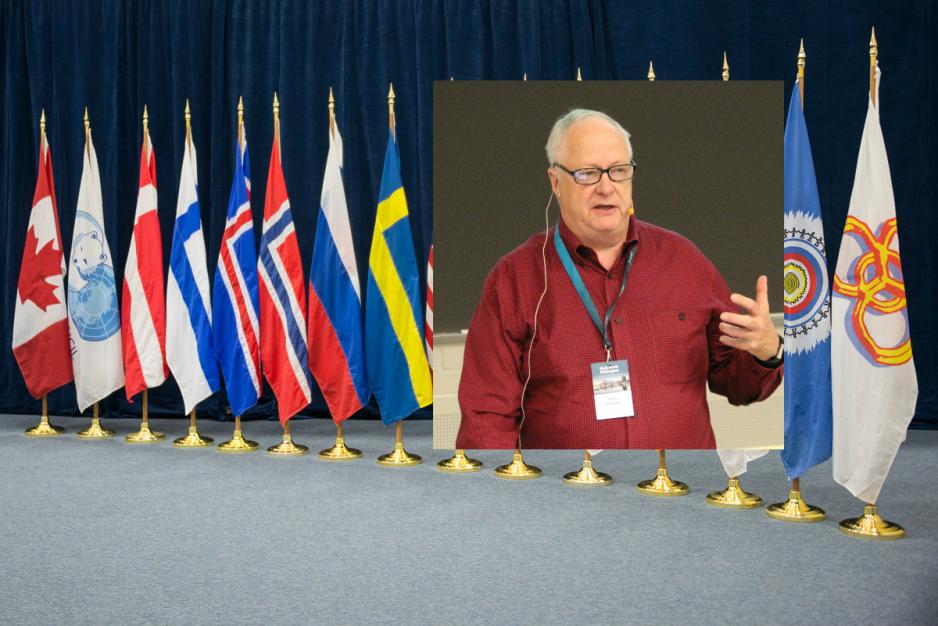- The Arctic needs a knowledge database on Northern operators

- An online catalogue is needed to provide a comprehensive overview of the employment record and regional impact of businesses operating in the Arctic, says Tony Penikett, former Premier of Yukon Territories.
This could help to establish best regional practices and accordingly lead to an “Arctic standard”, he told High North News. This online directory would generate a high degree of transparency for regional communities and governments on what to expect from a company that is interested in operating in a certain Arctic territory, Penikett further pointed out.
- The database should include the whole range of factors that impact local communities, he argued. This entails the percentage of local employment, the performance of wages, broad records of social impacts and environmental documentation, e.g. the companies’ performances with regard to air or water pollution and related countermeasures.
Define sustainable development?
- Eventually, this knowledge database could create necessary indicators on how to define so-called sustainable Arctic development, said Penikett. Although a remarkable popular term in Arctic discussions, “sustainable development” lacks a clear definition of what both “sustainable” and “development” actually entails in a northern context.
Accordingly, Tony Penikett called out for young and aspiring PhD-students or other academics to initiate his project idea.
- It could start with a pilot project for a single country, linked to the work already done across the universities in the Arctic. Given the relevance of this initial work, it could be expanded across the circumpolar region, Penikett added.
Similar projects
Albeit innovative, Penikett’s idea ties into a number of similar projects initiated across the region. The University of the Arctic is co-operating with Karin Berentsen from Kaisa Consulting AS, to develop a unique online Arctic Regulatory Navigation tool that enables stakeholders to assess a business project’s Social Licence to operate in the Arctic.
The project includes the Arctic Economic Council, Rambøll Group and the Arctic Slope Regional Corporation as main business partners, whereas academia is involved through the University of the Arctic, Nord University, UIT the Arctic University of Norway, and Lapland University.
In turn, whether or not these project ideas will have the desired impact on company behaviour and community engagement alike, is dependent on how they will be used by local and national governance actors.
